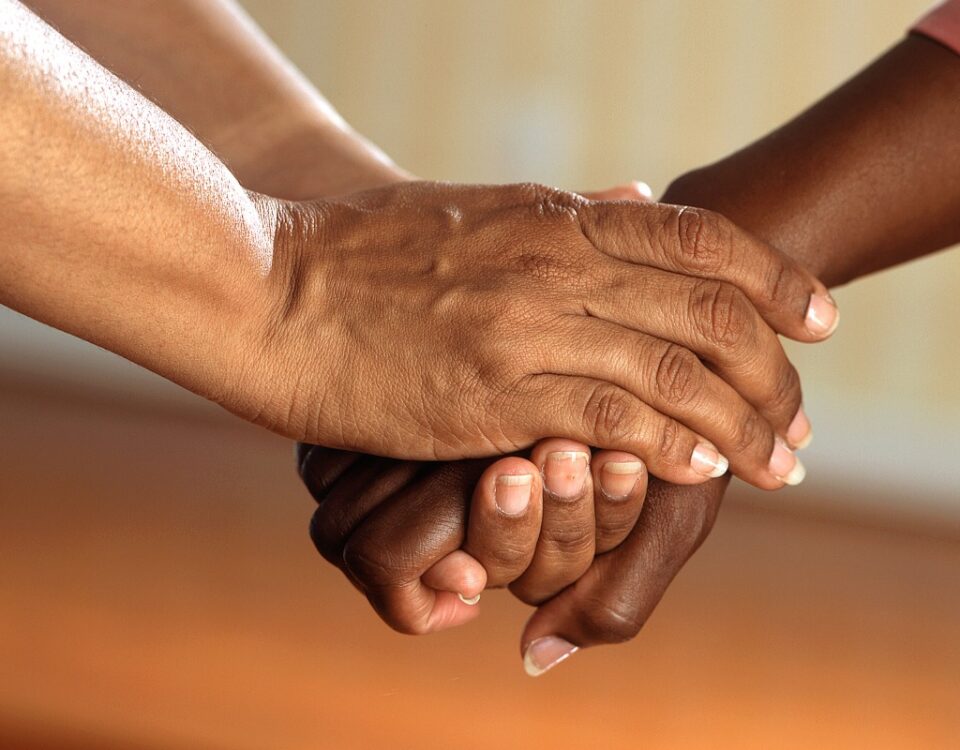
How to Help a Friend With an Eating Disorder
March 13, 2022
Stress Relief Hobbies in Recovery
March 20, 2022Being in a toxic relationship can not only take an enormous toll on an individual’s mental health, but in some cases, it can even lead to substance misuse and addiction. Many people ignore red flags within a relationship and do not realize that certain things may be unhealthy.
Others may recognize the fact that they are in a toxic relationship but decide to stay for a number of reasons. This may be due to a fear of being alone, mental manipulation, undiagnosed mental health disorders, fear for one’s life, or to keep a family together. It is essential to recognize the signs of a toxic relationship and know what steps to take to remove oneself from the situation before it is too late.
Understanding What a Toxic Relationship Is
While the term “toxic” may seem like a harsh word to use when describing a relationship, it essentially means that an individual is paired with someone that is neither healthy nor supportive. Toxic relationships can be detrimental to one’s self-esteem and quickly drain their energy. As time passes, someone in an unhealthy relationship may begin to accept their situation as simply “normal.”
To understand what a toxic relationship is, it is crucial to identify what a healthy relationship looks like. Two people in a healthy relationship build one another up instead of tearing each other down. Within a healthy partnership, there is mutual respect, compassion, and genuine concern regarding the other person’s overall well-being. In this type of relationship, an individual is willing to take extra steps to ensure that their significant other feels safe and empowered.
It is important to note that not every toxic relationship is romantic. It can occur with a child and their parent, an individual and their sibling, or even within a friendship.
Identifying a Toxic Relationship
An individual may suspect that aspects of their relationship are unhealthy but does not recognize the severity of the situation. It is important to stay vigilant and keep on the lookout for potential warning signs. Some examples include:
- Playing the guilt game: Many people dealing with a toxic relationship often find themselves in situations where their partner is guilt-tripping them. In many cases, this has to do with a partner’s need to control them and their actions. For example, if an individual shares children with their partner, they may try to use the children and their emotions against them in hopes of getting what they want.
- Deflecting: In a toxic relationship, an individual often practices deflection and gaslighting to manipulate and invalidate their partner’s feelings in order to persuade them to believe that their perception of a situation is incorrect. For example, they may attempt to convince their partner that the troubles within their relationship are entirely their fault.
- Anger problems: Relationships with someone who does not have control over their temper often lead to feelings of walking on eggshells. The person on the receiving end of the rage may be afraid to express their feelings and worry that their partner may fly off the handle at any moment.
- Excessive jealously: While it can be normal to experience a little jealousy from time to time—especially at the beginning of a new relationship—when it gets out of control, it can become very unhealthy. A relationship filled with mistrust and suspicion will only lead to negative outcomes.
- Dishonesty: If a person finds their partner telling lies often, even about minor things, they are not showing the other person the mutual respect that they deserve. Trust is one of the most critical aspects of a relationship, and when it is broken, it is hard to rebuild.
- Dangerous spending habits: When two people in a relationship have a joint bank account or a financial agreement, that agreement should be honored. If one of the individuals disrespects the arrangement by spending money in excess or in dangerous ways, perhaps through gambling, the relationship may be toxic.
Getting Out of a Toxic Relationship
Not all toxic relationships are irreparable. Through honest conversations, therapy, and hard work, some can be salvaged. Yet, if an individual continues to exhibit the same toxic practices, it may be time to end the relationship. Exiting an unhealthy partnership can be easier said than done, especially in the case of financial dependence, emotional manipulation, or abuse.
It is vital to remember that there is help available around the clock. If a person is in such a situation, the National Domestic Violence Hotline is available at (800) 799-7233 to offer assistance today.
Being in a toxic relationship can take a significant toll on one’s mental health. Still, many people decide to stay in this type of unhealthy relationship anyway. It is important to be able to understand what a toxic relationship is and be able to identify the signs. In many cases, a toxic partner will guilt trip their significant other in order to get them to behave a certain way. They may also gaslight them into thinking problems within the relationship are their fault while invalidating their emotions. Not all toxic relationships are beyond repair, but it is important to address issues early. Through couples counseling and the willingness of both people to recommit to the relationship, healthy growth can occur. However, if the behavior does not change, it is likely time to leave. Toxic relationships can lead to problems like substance use disorders. If you are currently struggling, our team at The Kimberly Center can help. Call (855) 452-3683.



